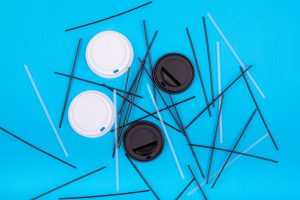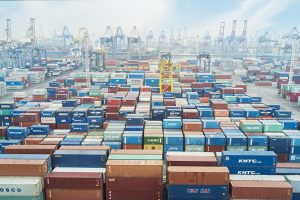
Containers at a port in Jakarta, indonesia.
Import guidelines for scrap paper shipments to Indonesia have been revised and are less stringent than initially proposed, the country’s government announced last week. Still, the rules will mean additional inspections for paper traders.


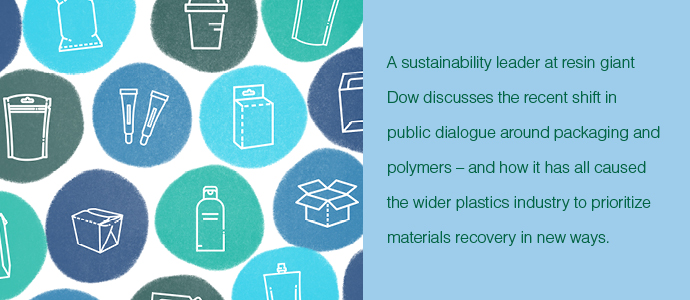
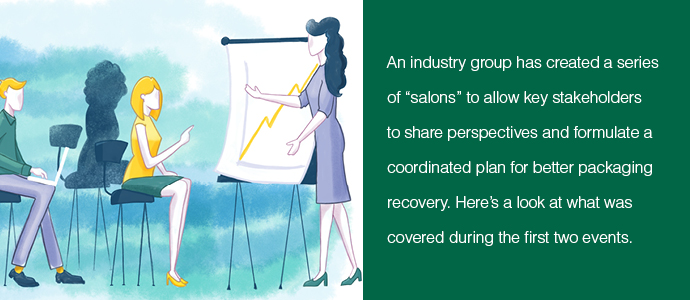
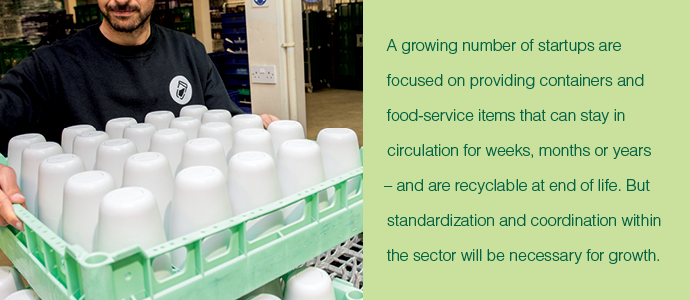
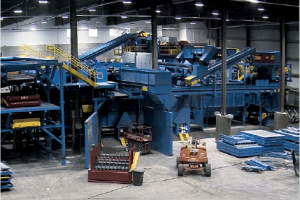 The project to build a mixed-waste processing facility in Rochester, Mass. has experienced a number of setbacks, including tough market conditions and a 2016 fire in the building set to house it.
The project to build a mixed-waste processing facility in Rochester, Mass. has experienced a number of setbacks, including tough market conditions and a 2016 fire in the building set to house it.
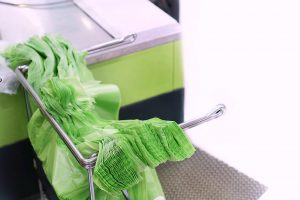 Governments, MRF operators, reclaimers and end users are calling for government regulation that requires recycled content in plastic bags.
Governments, MRF operators, reclaimers and end users are calling for government regulation that requires recycled content in plastic bags.